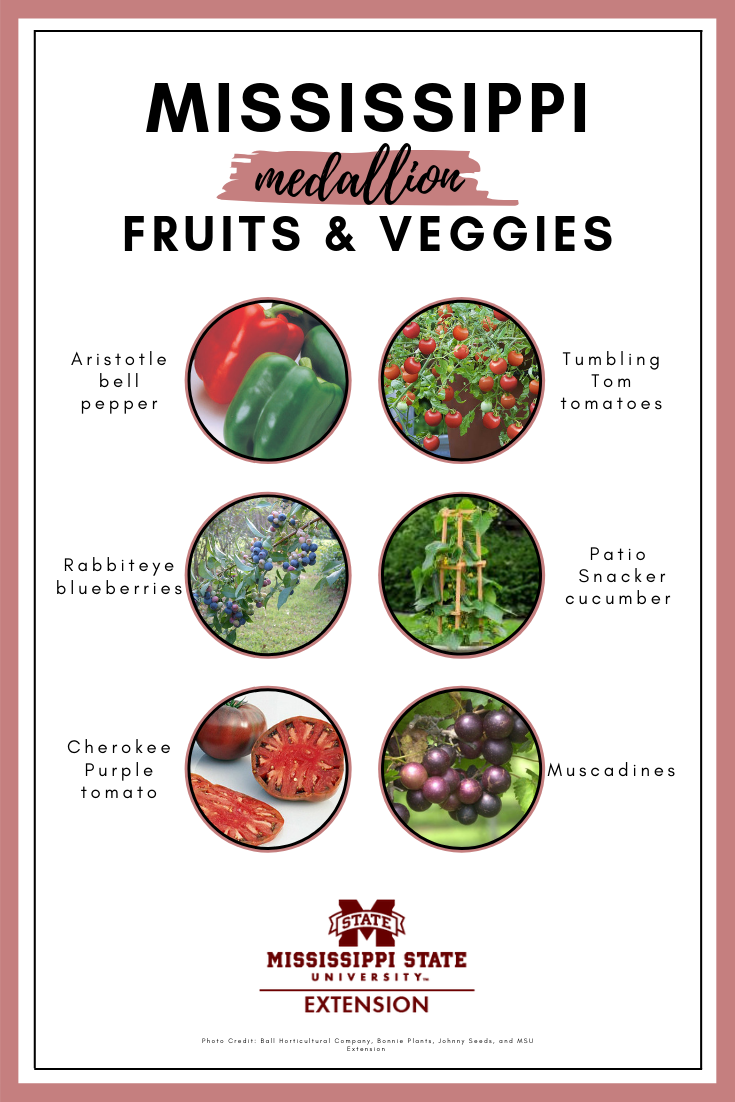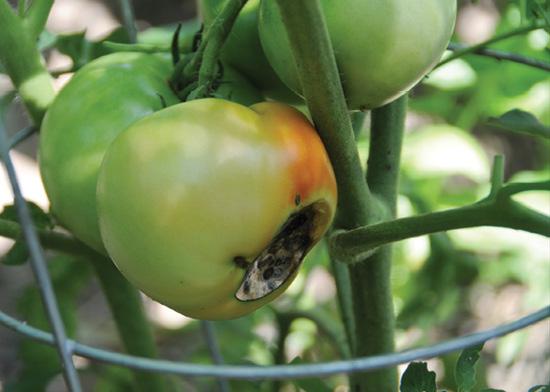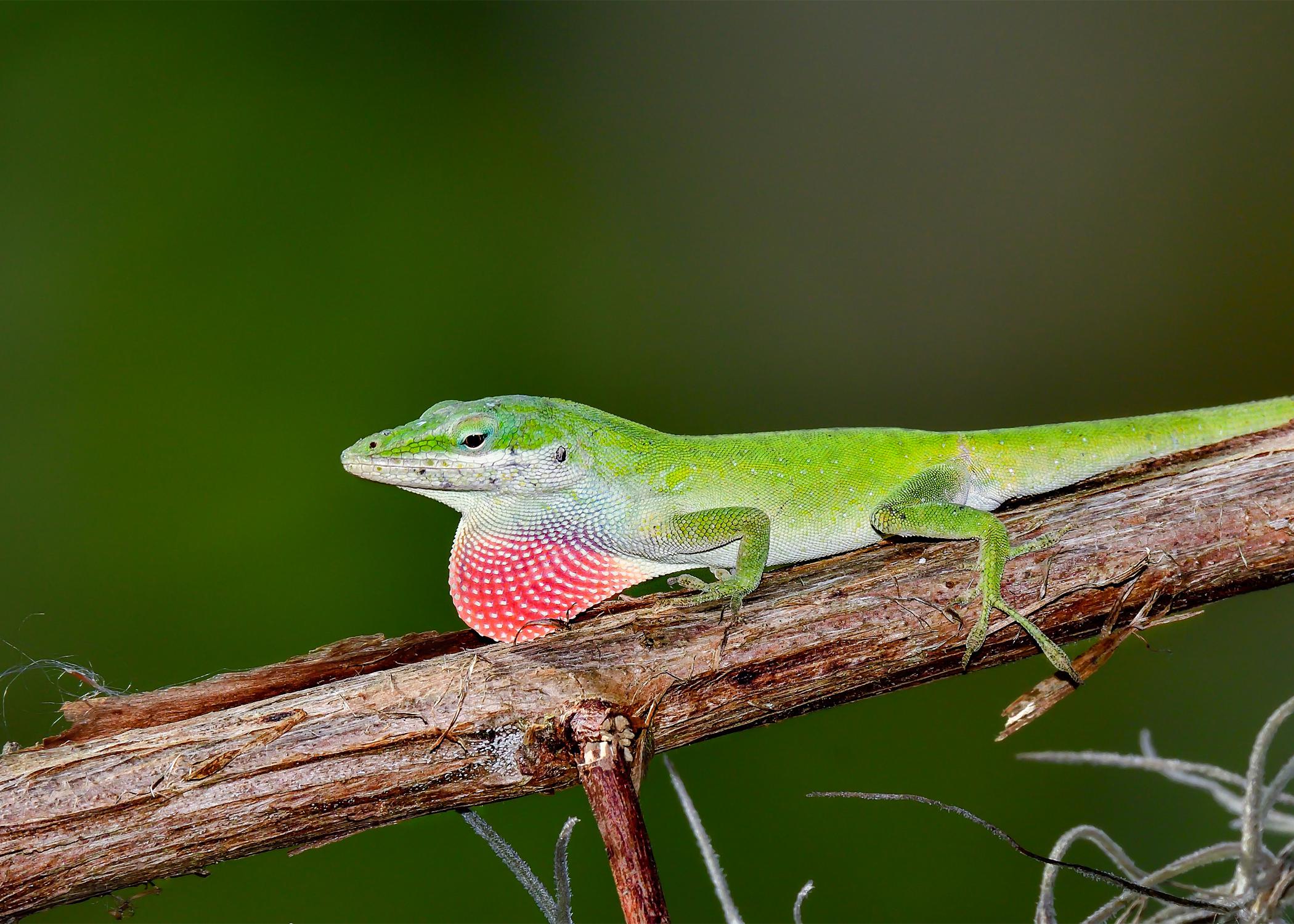Mississippi Medallion Plants: Fruit & Vegetable Edition

(Graphic by MSU Extension Service/Michaela Parker)
If edibles are on your list for the landscape or garden this year, check out the list of Mississippi Medallion winners. They are proven performers when it comes to our Mississippi climate.
Our horticulture experts help select several plants, including fruits and vegetables, each year that make the cut. The Mississippi Nursery and Landscape Association developed the Mississippi Medallion Plant program in 1996 to help consumers choose plants that are unlikely to disappoint. Each year, the Mississippi Medallion Selection Committee chooses five plants from commonly available product classes: trees, shrubs, vegetables, herbs, fruits, and annuals or perennials.
Extension publication 1091, “Garden Tabloid” has everything you need to know about home vegetable gardening.
For information on growing blueberries, check out Extension publication 1758, “Establishment and Maintenance of Blueberries.”
If you want to add muscadines to your garden, read Extension Publication 2290, “Establishment and Production of Muscadine Grapes.”
Here’s some information written by various Extension and MAFES specialists and researchers about each of the selections included in the graphic.
2011 Aristotle bell pepper (Capsicum annuum)
Aristotle bell pepper produces green to red blocky bell peppers with thick walls. It has tremendous yield potential, producing 40,000 pounds per acre in one trial. The pepper has a nice, smooth shape, and each could weigh up to a third of a pound. Raise this pepper similarly to how you raise tomatoes, spaced 18–24 inches apart in the garden or in large pots, avoiding cold, shaded, and wet conditions. (No photo credit given)
2014 Tumbling Tom tomatoes
Bred specifically for hanging baskets, this plant continually produces trailing branches with sweet 1- to 2-inch tomatoes that are red or yellow. They can also be grown in containers. Each plant can produce up to 4 pounds of tomatoes. Fertilize weekly with a water-soluble product at half the recommended rate for optimal production. (Photo by Bonnie Plants)
2014 Rabbiteye blueberries
Rabbiteye blueberry is disease resistant with few insect pests, making it one of the easiest to grow. These plants like a very narrow range of soil pH, between 4.8 and 5.2 but can tolerate up to 5.7. Apply acid-forming fertilizers to help keep levels right. Pine bark or straw mulch helps keep weeds down and soil moisture consistent. While they can grow up to 10 feet tall, pruning will keep plants within reach. You’ll need two to three different varieties because the plants require cross-pollination to set fruit. (Photo by Eric Stafne)
2017 Patio Snacker cucumber
This cucumber plant can be trellised in 3- to 5-gallon containers on a patio. They don’t need insect pollination to produce, so urban gardeners, rejoice! Picked regularly, the plants will produce all summer. The fruit are perfectly crunchy and not bitter when picked at under 1 1/2 inches wide and 6 inches long. (Ball Horticultural Co.)
2016 Cherokee Purple tomato
Cherokee Purple tomatoes are an heirloom variety dating to before 1890. The large, dusky pinkish-purple fruit ripens in 80 days, and its flavor is balanced between sweet, savory and acid. Supposedly, Cherokee Purple tomato seeds were given to a Tennessee family by the Cherokee Indians. This family grew the variety for 100 years. In the early 1990’s, the seeds were shared with the Seed Savers Exchange. (Photo from Johnny Seeds)
2016 Muscadines
Muscadines are an easy-to-grow grape with good disease resistance and few pests. They are vigorous growers and need regular pruning along with consistent soil moisture for optimal fruit production. They don’t require a lot of fertilizer. Several varieties produce by cross-pollination, so you may need at least two vines. Fruit appears in August and September and can range in color from dark purple to bronze. Flavors can range just as widely among the various cultivars. Any muscadine cultivar can be labeled and sold as a Mississippi Medallion winner.
You can find more about these plants and other Mississippi Medallion winners by searching ‘Mississippi Medallion plants’ on our website.
Follow Southern Gardening on Facebook, Twitter and Instagram!
Subscribe to Extension for Real Life
Fill in the information below to receive a weekly update of our blog posts.









